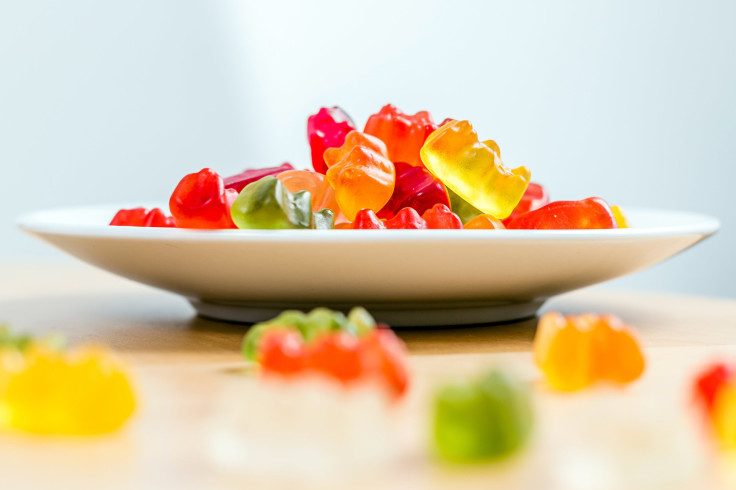Snacking Without An Appetite A 'Major Potential Cause Of Weight Gain'; How To Curb Cravings And Snack Healthily

Snack foods are a multi-billion dollar industry, feeding the demands of consumers worldwide. But when snacks are devoured in the absence of hunger, they go from being foods meant for sustenance to foods meant for reward. Researchers from Queensland University of Technology tempted people with chocolate to see who would give in to snacking even though they weren’t hungry. The findings, published in the journal Eating Behaviors, reinforces the link between compulsive snacking and weight gain.
"Eating too frequently, especially when we're not hungry, is a major potential cause of weight gain," said the study’s lead author Stephanie Fay, a researcher at Queensland University of Technology, in a press release. "Excessive portion size and energy-dense foods are often blamed for weight gain but the frequency of eating is a significant contributor too. Some people are more inclined to be susceptible to reward gained from foods.”
Researchers gave 50 men and women with a normal body mass index (BMI), who were an average age of 35, a snack test; they were allowed to eat chocolate snacks until they were satisfied. In order to test their self-control, the researchers surprised participants by offering them a second serving of a similar chocolatey snack food. Even though they weren’t hungry from eating the first snack, 75 percent of the participants ate the second snack. But those woh took the bait and ate the second snack had more self-control, Fay said. However, that was only if they limited how much they ate. The more of it they ate, the more at-risk of weight gain they became.
"Contrary to expectations, those who took the snack were better at inhibitory control, indicating that they were making a conscious decision,” Fay said. “However, those who ate the most of the extra snack were more impulsive, and more responsive to food reward. They were also heavier (with a higher BMI), which suggests that repeated snacking in the absence of hunger is a risk factor for weight gain."
People eat when they’re not hungry because of subliminal cues around them, according to Cornell University’s Food and Brand Lab. Family friends, plate sizes, labels, lights, colors, and other environmental factors influence unhealthy eating habits. Instead of snacking for no reason, the American Heart Association recommends taking a walk for 10 to 15 minutes; call a friend; do something you enjoy, like reading, playing, or listening to music; gardening; or taking a hot bath.
Curbing hunger with small portions of low-fat proteins is the best way to snack, and key to avoiding weight gain, according to Deborah Gerszberg, a clinical nutritionist at Columbia University Medical Center. If you go overboard like the second-round snack eaters did in this study, you may end up gaining unwanted weight.
Instead of chocolates, Gerszberg recommends eating a healthy combination of nutrient-rich snacks two to three hours after your last meal. Start by choosing a serving of fruits, vegetables, or whole grains, such as bananas, apples, berries, cherry tomatoes, carrots, whole wheat toast, and pita bread. The next step is to add a source of protein to the mix, such as plain Greek yogurt, almonds, string cheese, cottage cheese, hummus, or a hard-boiled egg.
Source: Fay SH, White MJ, Finlayson G, and King NA. Psychological predictors of opportunistic snacking in the absence of hunger. Eating Behaviors. 2015.
Published by Medicaldaily.com



























